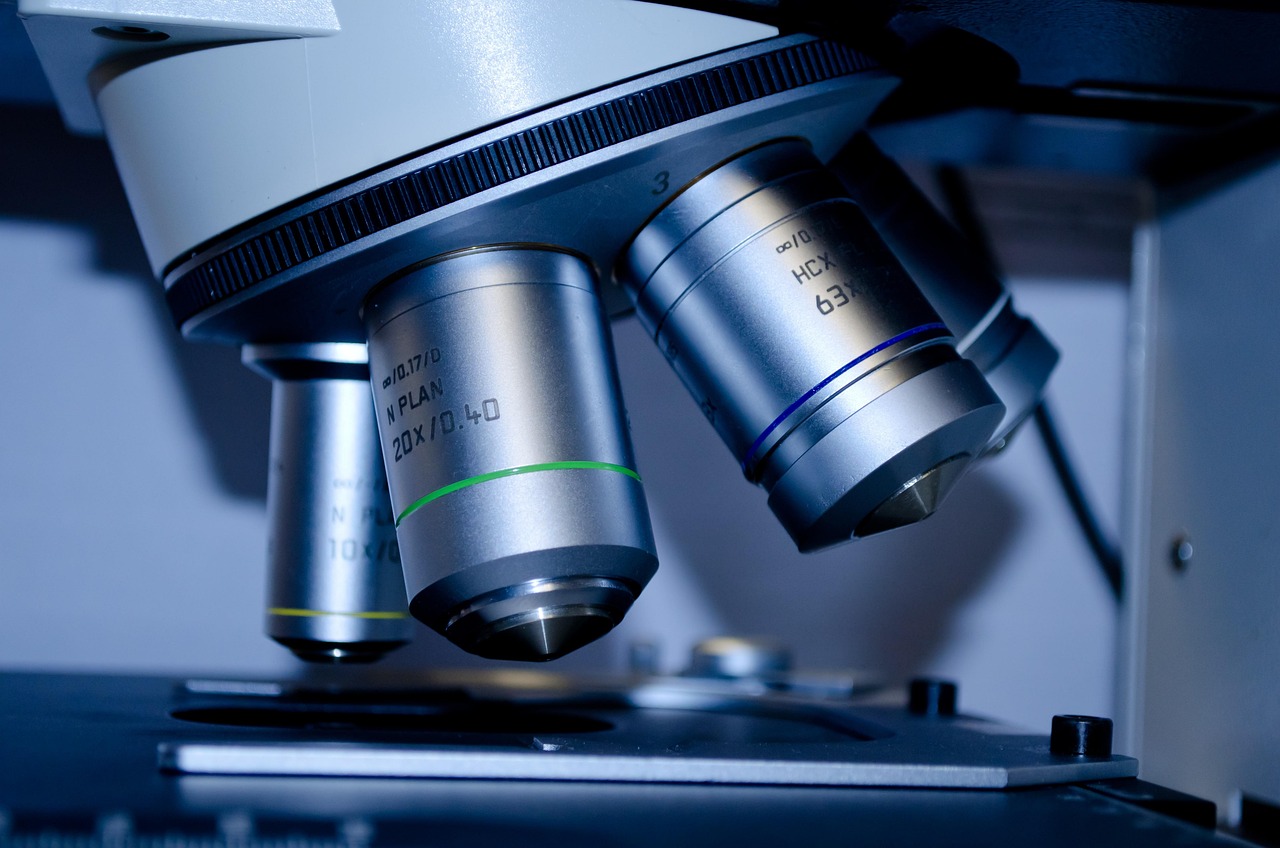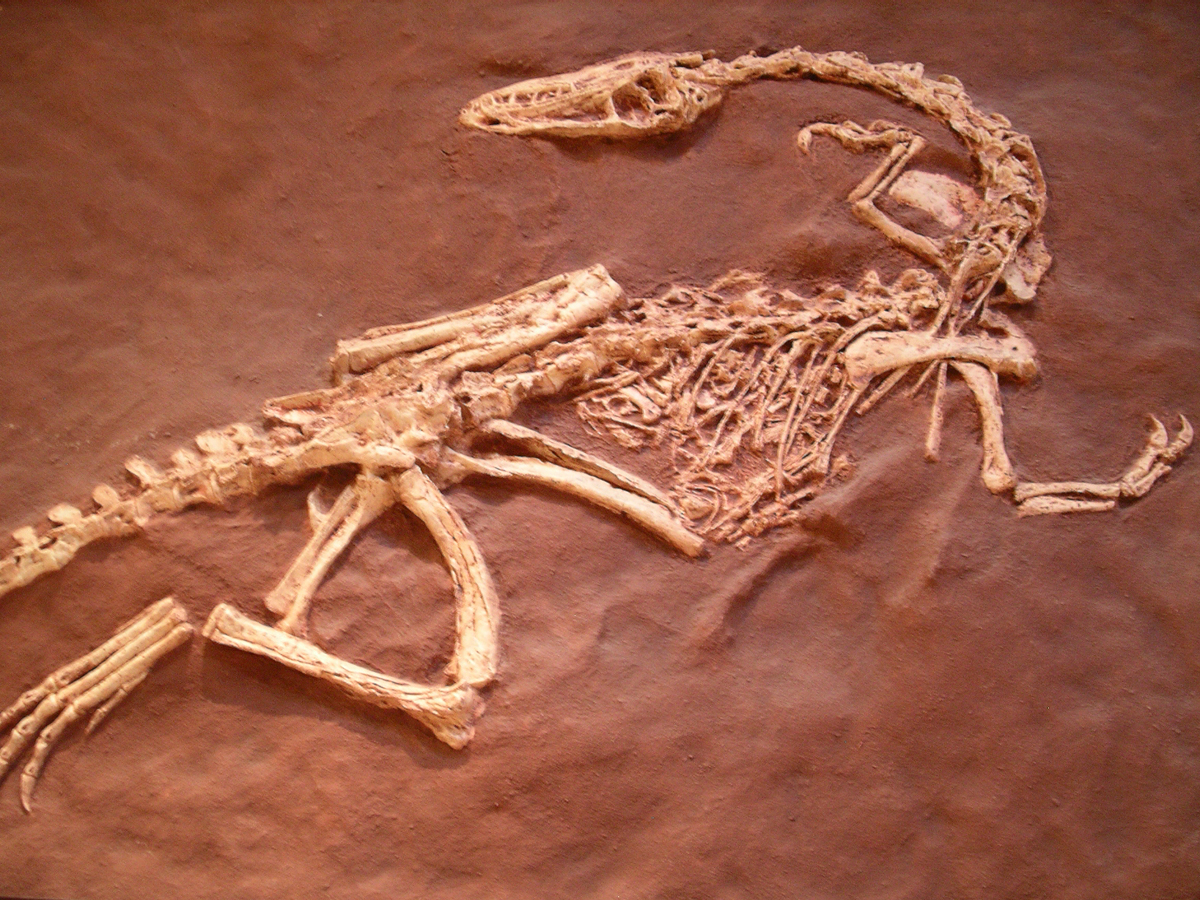Two significant studies published in Nature have advanced our understanding of human biology. The first reveals how, after age 50, human blood stem cells become dominated by specific clones, reducing diversity and increasing disease vulnerability. This insight could lead to early disease detection and rejuvenation therapies. The second study identifies the gene Hand2 as a key player in limb regeneration in axolotls, with potential implications for human tissue regeneration, given that humans possess the same gene. These findings open new avenues for regenerative medicine and aging research.

May 25, 2025/
No Comments
Modern technology is bridging the gap between humans and the natural world. Scientists at institutions like the Smithsonian...






